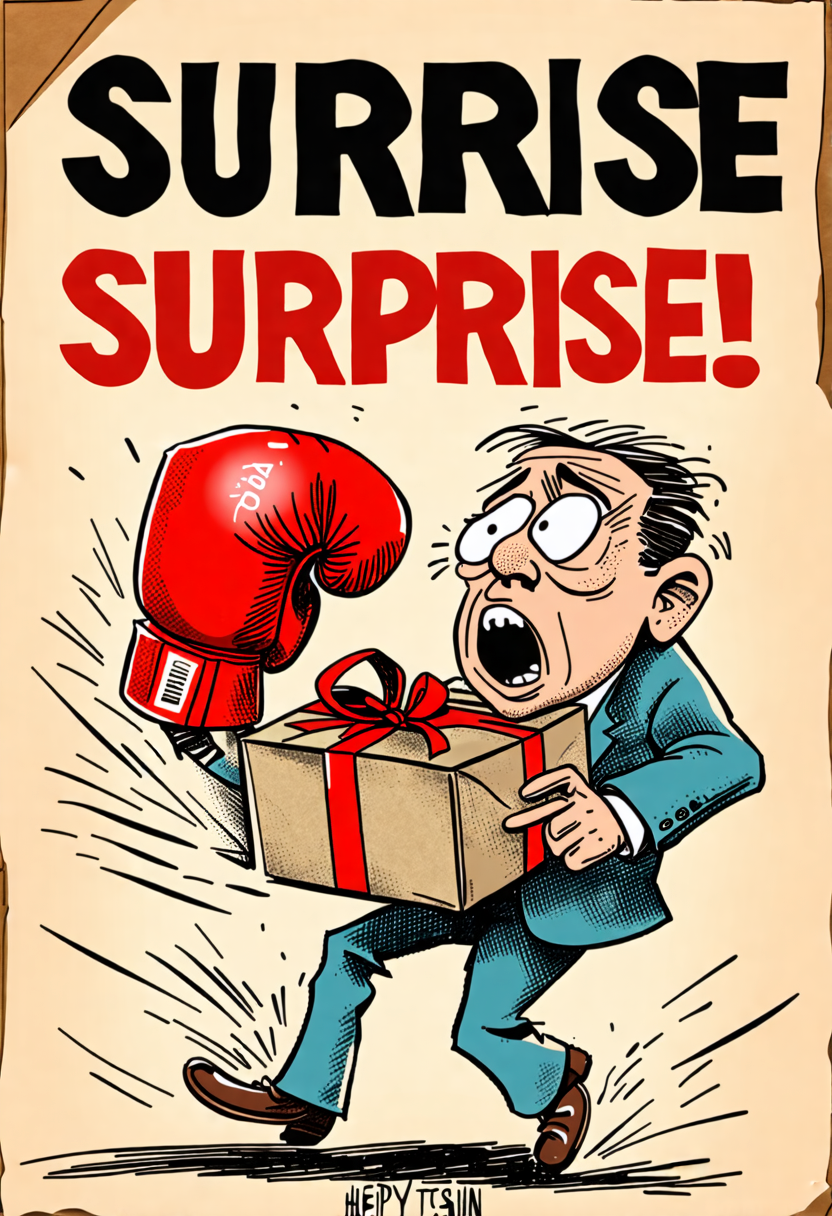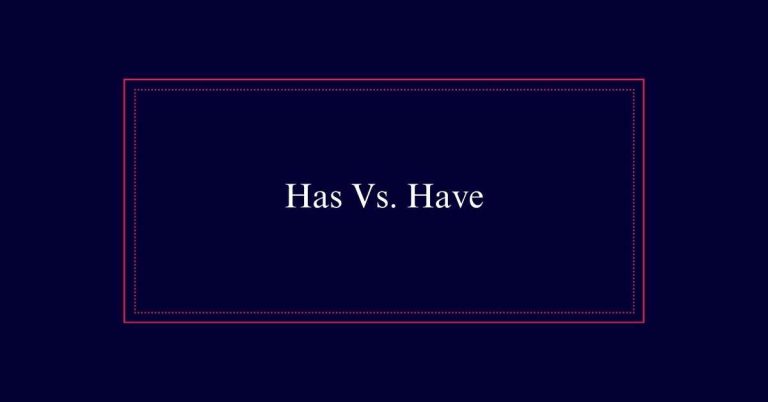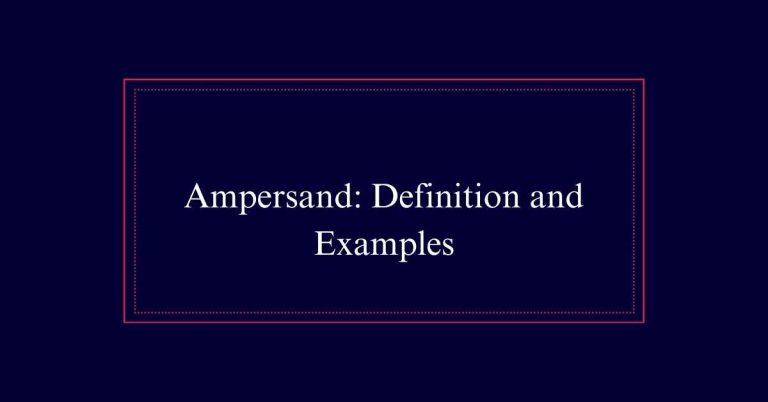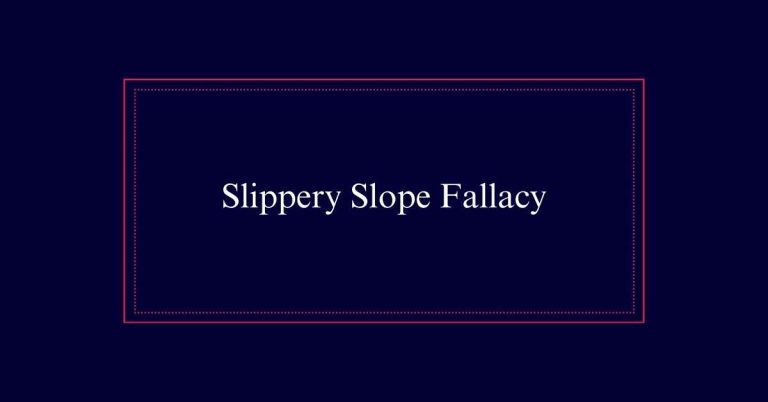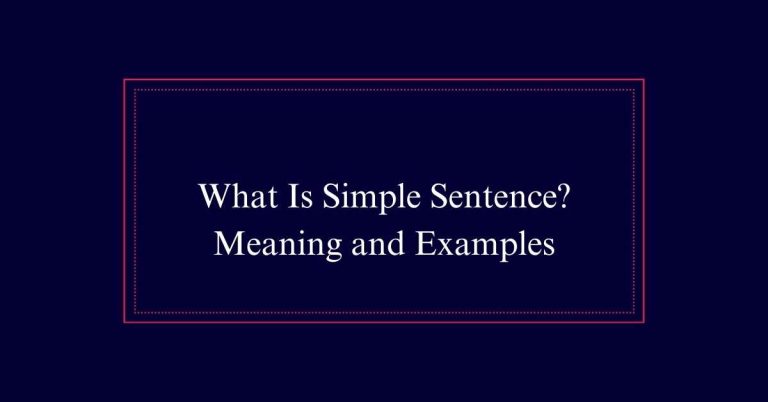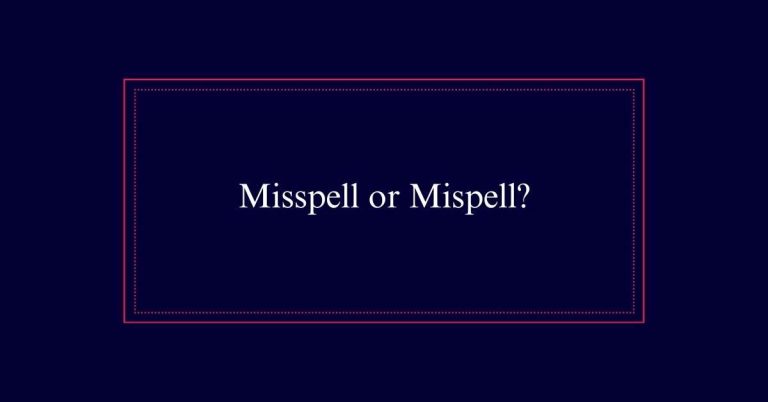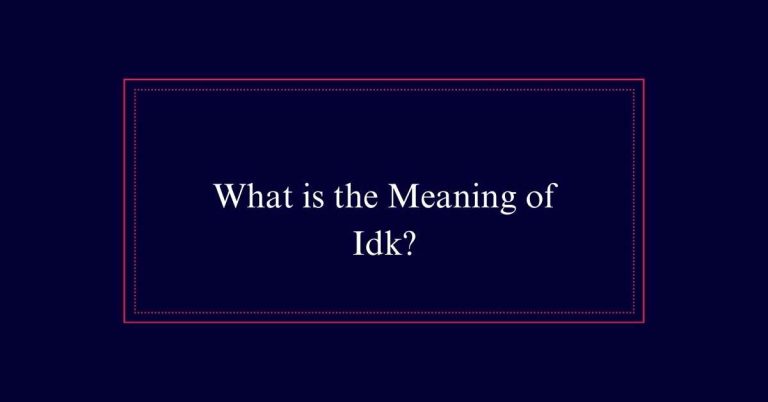Surprise, Suprise or Surprize? Which is correct?
The correct spelling is ‘surprise.’ ‘Suprise’ is a common misspelling, often due to the silent first ‘s.’ ‘Surprize’ is an outdated variation that is no longer in use. To guarantee accuracy, remember that ‘surprise’ includes two ‘s’ and two ‘r.’ This word describes unexpected events, whether positive or negative.
Correct Spelling of ‘Surprise’
When it comes to the correct spelling, ‘surprise’ is the only accepted form. This word contains two ‘s’ and two ‘r.’ Despite the common tendency to mispronounce or overlook the first ‘s,’ it is essential to include it.
The pronunciation ‘suh-prize’ might mislead some to believe there is no initial ‘s,’ but this is incorrect. Examples of proper usage include: ‘Sylvia surprised us when she came home for the holidays’ and ‘These screaming children were so excited when Iron Man made a surprise appearance at a birthday party.’
Common Misspelling: ‘Suprise’
One frequently encountered misspelling of ‘surprise’ is ‘suprise.’ This error is common because we often do not pronounce the first ‘s.’ Omitting this ‘s’ leads to incorrect spelling. To avoid this mistake, remember that ‘surprise’ contains two ‘s’ and two ‘r.’
| Correct Spelling | Incorrect Spelling |
|---|---|
| surprise | suprise |
Examples can help reinforce the correct spelling. For instance, ‘These children were excited when Iron Man made a surprise appearance at the party.’ Or, ‘The Daily Mirror reported a surprise email from the iPhone maker.’
Why ‘Surprize’ Is Archaic
Historically, ‘surprize’ was an accepted alternative spelling of ‘surprise,’ but it has since fallen out of use. Language evolves over time, and certain spellings become obsolete. In the case of ‘surprize,’ it was more commonly used in the 18th and early 19th centuries.
However, as standardized spelling became more important, ‘surprise’ emerged as the preferred form. Modern dictionaries and language guides now list ‘surprise’ as the correct spelling. The change reflects broader trends in English orthography, where simpler and more consistent spellings are favored.
Today, using ‘surprize’ would be considered incorrect and antiquated.
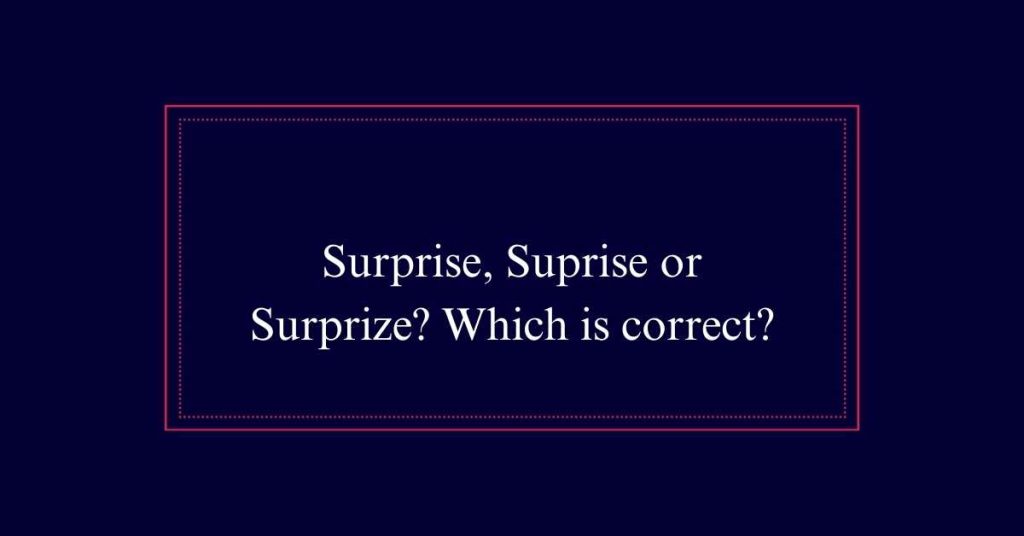
Pronunciation Confusion
Many people mistakenly drop the first ‘s’ in ‘surprise’ because it is often not pronounced distinctly. This leads to confusion and incorrect spelling.
When speaking, the word ‘surprise’ commonly sounds like ‘suh-prize,’ making it easy to overlook the initial ‘s.’ This subtle pronunciation can trick individuals into thinking the word is spelled ‘suprise.’ However, this is incorrect. The proper spelling includes both ‘s’ and ‘r’ twice: ‘surprise.’
Being aware of this pronunciation issue can help avoid spelling mistakes. Remember, despite how it sounds, the correct form is ‘surprise.’
Examples of ‘Surprise’ in Use
Examples of ‘surprise’ in use can illustrate how the word functions in various contexts. For instance, consider the sentence: ‘These screaming children were so excited when Iron Man made a surprise appearance at a birthday party.’ Here, ‘surprise’ highlights an unexpected event that brought joy.
Another example is in reporting: ‘The Daily Mirror reported a surprise email from the iPhone maker.’ This use of ‘surprise’ underscores the unexpected nature of the communication.
In a more challenging scenario, CBS News asks, ‘What can you do if you’re on the receiving end of surprise billing?’ This context shows that surprises can also be negative.
Each example demonstrates how the word ‘surprise’ conveys unexpectedness in different situations.
Evolution of the Word
Over the centuries, the spelling of ‘surprise’ has undergone significant changes. Originally, ‘surprize’ was an accepted alternative spelling. However, as language evolved, ‘surprise’ became the standard form.
The shift from ‘surprize’ to ‘surprise’ mirrors broader trends in English spelling standardization. In the past, variations in spelling were more common due to regional differences and less formalized rules. Modern dictionaries and language guides now reflect ‘surprise’ as the correct spelling.
This evolution underscores how language adapts over time and how certain forms fall out of use. Understanding this history helps us appreciate the current accepted spelling and avoid common mistakes.
Today, ‘surprise’ is the universally recognized and correct form.
Frequently Asked Questions
What Are Some Synonyms for ‘Surprise’?
Some synonyms for ‘surprise’ include astonishment, amazement, shock, and revelation. Each of these words conveys a sense of the unexpected or unforeseen, often accompanied by strong emotional reactions.
How Can Surprise Impact Human Emotions?
Surprise can greatly impact human emotions by eliciting intense reactions such as joy, excitement, fear, or confusion. These emotional responses are usually heightened due to the unexpected nature of the event or information encountered.
Can Surprise Be Used in a Business Context?
Yes, surprise can be used in a business context. Examples include surprise audits, unexpected promotions, or unannounced visits from executives. Such actions can boost morale, guarantee compliance, or provide insights into daily operations.

